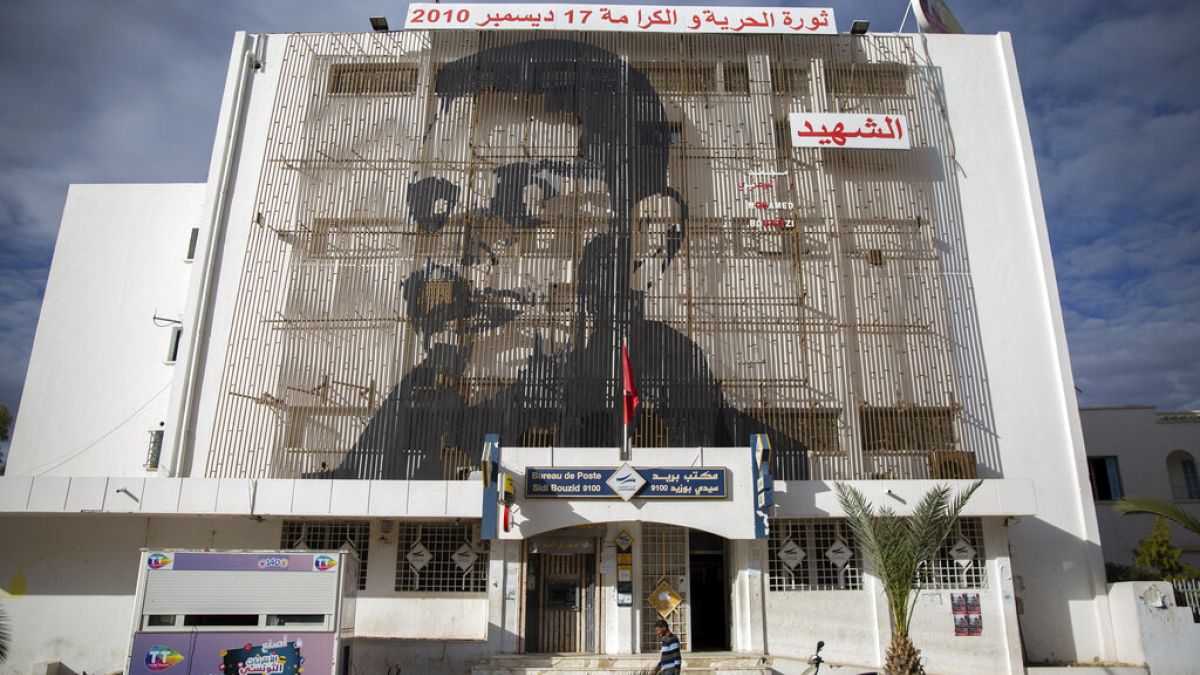The Arab Spring led to the ousting of longtime dictators in Tunisia, Libya, Egypt and Yemen.
It's been ten years since a street vendor set himself on fire to protest against rising living costs and corruption in Tunisia.
The December 17, 2010 act of Mohamed Bouazizi, a 26-year-old fruit seller, inspired hundreds of thousands to take to the streets across the Arab world in a campaign of civil resistance.
The protests became known as the "Arab Spring" and led to the ousting of longtime dictators in countries such as Tunisia, Libya, Egypt and Yemen.
Less than a month after the start of demonstrations, President Zine El Abidine Ben Ali sought refuge in Saudi Arabia.
But how do Tunisians see the country today and what has changed?
Bad economic situation, but a different system
Although democratic reforms were implemented in Tunisia, which set itself apart from nations where uprisings led to wars, many of those who fought for change say the country is nowhere near the prosperous and fair nation they hoped for.
"What has changed during those ten years is that one minister or one president replaced another, but the system remained the same," said Wafa Abassi, who is a resident of Sidi Bouzid where Bouazizi set himself on fire.
Another resident of Sidi Bouzid, Achref Ajmi, says that he is unemployed and that the revolution hasn't panned out as he had hoped.
"All that remains is the slogan, 'Work, freedom and national dignity'. This is what we heard during the revolution: we didn't witness any of those things, maybe only freedom, but it's not really that, it is a freedom of [the] press, but what does it really mean for a citizen? Does he have a job? No, he doesn't," said Ajmi.
Yet many also view Tunisia as the only success story of the Arab Spring, which unlike countries such as Syria, Libya and Yemen is not engulfed in a war.
"What [residents are] complaining about is mostly the economic situation where they found themselves today which is not better than the one where they were ten years ago," Yousseff Cherif, the director of the Columbia Global Centre in Tunis, told Euronews.
"But it’s very important to note the long term effects of the revolution of the Arab spring which has transformed the inhabitants of Tunisia from passive participants to their own masters,” he added.
“The reason why we have so many demonstrations is in part because of the bad economic situation but, in part, because the system has changed and the system today allows for large scale demonstrations without aggression like what we see in places like Morocco or Algeria or Egypt or other places," Cherif added.
Watch the full report in the video player, above.
